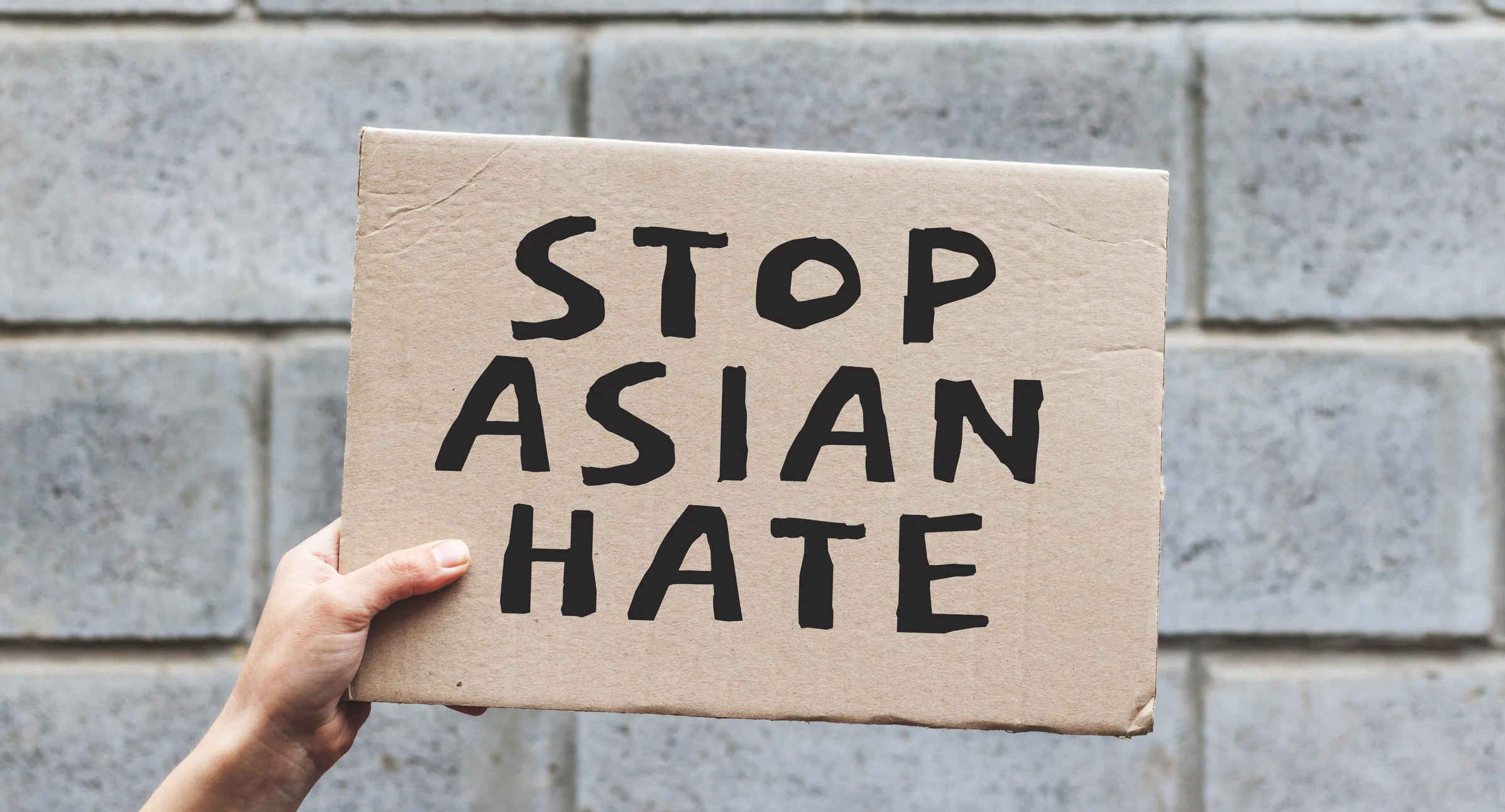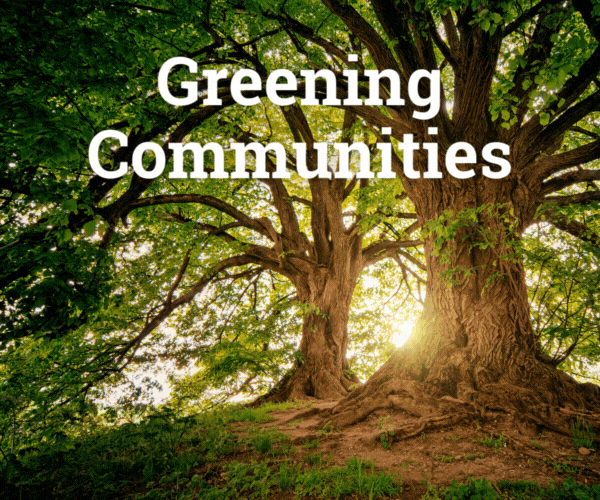In a polarized 2024 election year, heated attacks against immigration and DEI initiatives fueled ongoing hate against Asian Americans and Pacific Islanders (AAPI) nationwide.
Over half of AAPI adults experienced a hate act last year due to their race, ethnicity or nationality — 53%, compared to 49% the previous year, according to a new report released by Stop AAPI Hate compiling a nationwide survey of nearly 1,600 AAPI adults and stories of hate acts submitted to Stop AAPI Hate’s reporting center.
General hate experiences were similarly high across lines of gender, geographic, income, political party, birthplace, language, education, citizenship and regional ethnic group.
The major difference was age, with 72% of young adults aged 18 to 29 experiencing hate, compared to 54% among adults aged 30-44, 46% among those 45 to 59 and 44% among those 60 and over.
Pacific Islander adults were more likely to experience physical harm or contact specifically — 23% compared to South Asians (4%), East Asians (12%) and Southeast Asians (13%).
The most common hate acts were harassment, e.g. being called a racial slur, and institutional discrimination, e.g. being refused service by a business employee; around 48% of AAPI adults experienced the former and 24% experienced the latter, compared to 42% and 25% in 2023.
“While walking to the train station … a man leaned towards my face and said, ‘I can’t wait until Trump gets reelected so you all can go back to where you came from,’” said a Chinese woman from New York quoted in the report.
“My manager denied my application for an assistant manager job and publicly stated that it was based on my race/ethnicity,” said a Southeast Asian woman from Tennessee. “I reported this incident to HR, but they retaliated against me. My first warning from HR was a final warning. Since then, the hostility towards me has increased. I feel targeted and unfairly treated.”
In 2024 as in the previous year, the top three sites of Asian hate were online spaces (39%), public spaces like streets and parks (37%) and businesses (31%).
One Filipina woman from California said of her experience in a public space: “I was biking … and another biker yelled anti-Asian rhetoric at me and another biker for several blocks. They referred to us as a ‘piece of sh-t’ getting in their away, and that ‘your kind should go back to China.’”
One encouraging difference in 2024, at least, was a decline in hate acts on public transit, from 27% in 2023 to 19% in 2024.
Of AAPI adults who did experience hate, over half, or 53%, experienced acts that were intersectional, or targeting other aspects of their identities in addition to their race, ethnicity or nationality — like gender (25%), class (20%), age (19%) or immigration status (15%).
“At the grocery store I was run out of the bathroom,” said a nonbinary AAPI respondent. “Not only were transphobic and homophobic slurs (tr-nny, f-gg-t) used but racist and bigoted slurs (g–k, rice picker) were used as well. I was told to go back to Asia and to perform sexual acts.”
While geographical differences were minimal among AAPIs experiencing this hate nationwide, reporting gaps were starker.
AAPI adults living in the West were 67% likely to share their experiences of hate with someone, compared to 56% of those in the Northeast and 48% of those in the South; the report attributes this to a higher AAPI population, more AAPI organizations and lobbying, more funding support and more culturally specific mental health support in the West.
Overall, 77%, or over 3 in 4 of those who experienced a hate act, did not report to a formal authority or agency.
Roughly 65% of these said they didn’t report because they did not think the hate act was serious enough to report. Of those that said it wasn’t serious enough, just over half said they still may have experienced an unlawful hate act, 60% said reporting would not make a difference and 46% did not trust institutions to do anything.
“Me, my Asian girlfriend, and Asian roommate have been targeted by our neighbor since we moved in,” said an Asian man in California.
“She has called us racial slurs, threatened violence such as stabbing us, sprayed chemicals on our doors (on video), created anonymous text messages and emails saying how ch-nks should be exterminated, and really the list goes on. We have tried police reports and restraining orders and nothing has worked,” he explained.
“I was taking a run to the mailbox when I was assaulted by a woman screaming obscenities at me,” added a Vietnamese woman in California. “She spat on me and tried to hit me. She only stopped when I brandished my pepper spray at her.”
“We called the police but they told me there was nothing they could do and actively discouraged me from filing a report stating that this would give the woman a way to find me. It’s taken a long time for me to feel comfortable talking about this let alone report it,” she added.
With all this hate on the rise, AAPI adults are only slightly less primed to take action last year: 67% felt motivated to get involved in justice and equity efforts in 2024, compared to 70% in 2023.
However, strong attitudes about taking action fell more dramatically across the board: 25% versus 32% in 2023 were extremely or very “optimistic about AA/PI power to end racism,” for instance, while 19% versus 27% were extremely or very “motivated to get involved in justice/equity efforts.”
With the dampening intensity of responses to fight rising hate in an ever-polarized country since 2024, Stop AAPI hate urges Americans to report any hate acts they see.
Community members can take action against hate experienced by them or someone they know by reporting it to local civil rights agencies, community organizations or through online platforms like Stop AAPI Hate’s reporting center.





